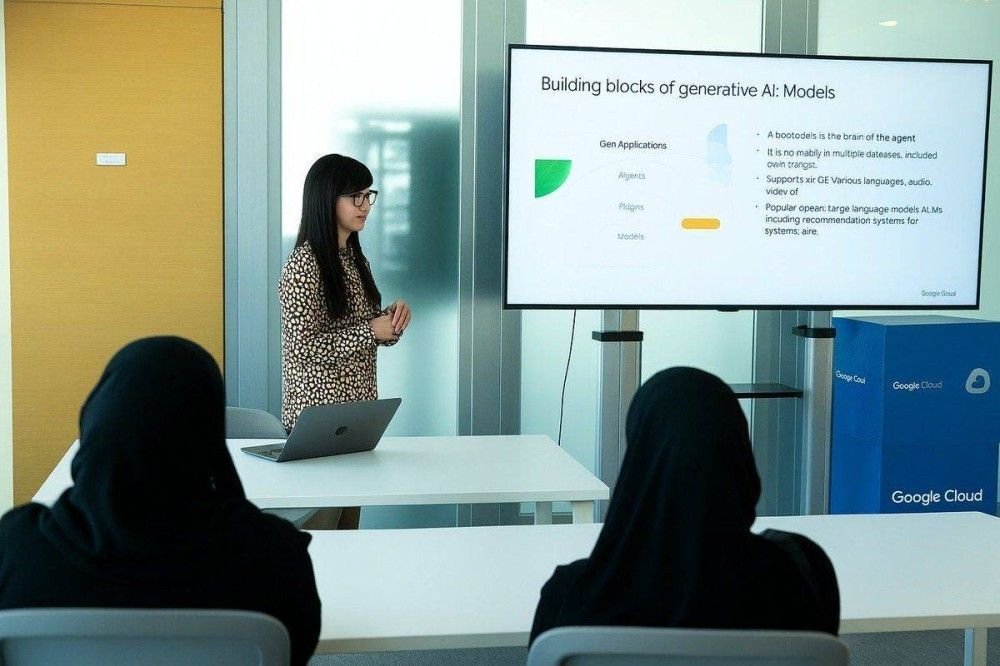The Bangladesh Telecommunication Regulatory Commission (BTRC) has initiated efforts to reform the country’s telecom licensing framework to better align with modern demands. A committee, led by BTRC Commissioner Brig Gen (retd) Iqbal Ahmed, has already held three meetings to review the network and licensing roadmap.
BTRC Chairman Maj Gen (retd) Md Emdad Ul Bari shared the progress during a press conference in Dhaka, stating that many current licenses operate as intermediaries, which increases costs rather than promoting cost efficiency. The commission’s goal is to create a streamlined, effective, and efficient licensing system.
Bari emphasized that the reforms are designed to protect consumer interests, rather than business entities, and to encourage healthy competition and collaboration among consumers, businesses, and the government. The BTRC plans to submit its reform proposals to the government by March, addressing issues such as transitioning from existing licenses, establishing sustainable investment policies, and creating effective regulations.
The chairman also acknowledged the need for consumer-focused policies to ensure sustainability in the telecom sector. As part of the reforms, the BTRC plans to simplify complex network structures, reduce pressure on spectrum usage, enhance fixed broadband services, and promote the adoption of green technologies. Active sharing will also be encouraged to support digital service expansion.
The BTRC is focused on eliminating unnecessary licenses and terminating those that hinder competition. The proposed reforms aim to fill gaps in existing policies, which have deterred investor interest.
Regarding 5G, Bari stated that consultations are ongoing and that preparations are in progress for the auction of the 700 MHz band spectrum by June, although there is no set timeline for the 5G rollout. Additionally, the BTRC will advise the government on policies that will position telecom as a key enabler of digital development, focusing on efficient, cost-effective networks to meet the increasing demand for digital services.
Bari also noted that while VAT and taxes are the government’s responsibility, efforts should be made to reduce them to make internet services more accessible. Regarding foreign investment, he stressed the importance of establishing investment-friendly regulations to attract companies like Amazon, Google, and Meta. He added that the government should consider shifting liability for social media posts to individuals rather than platforms.















